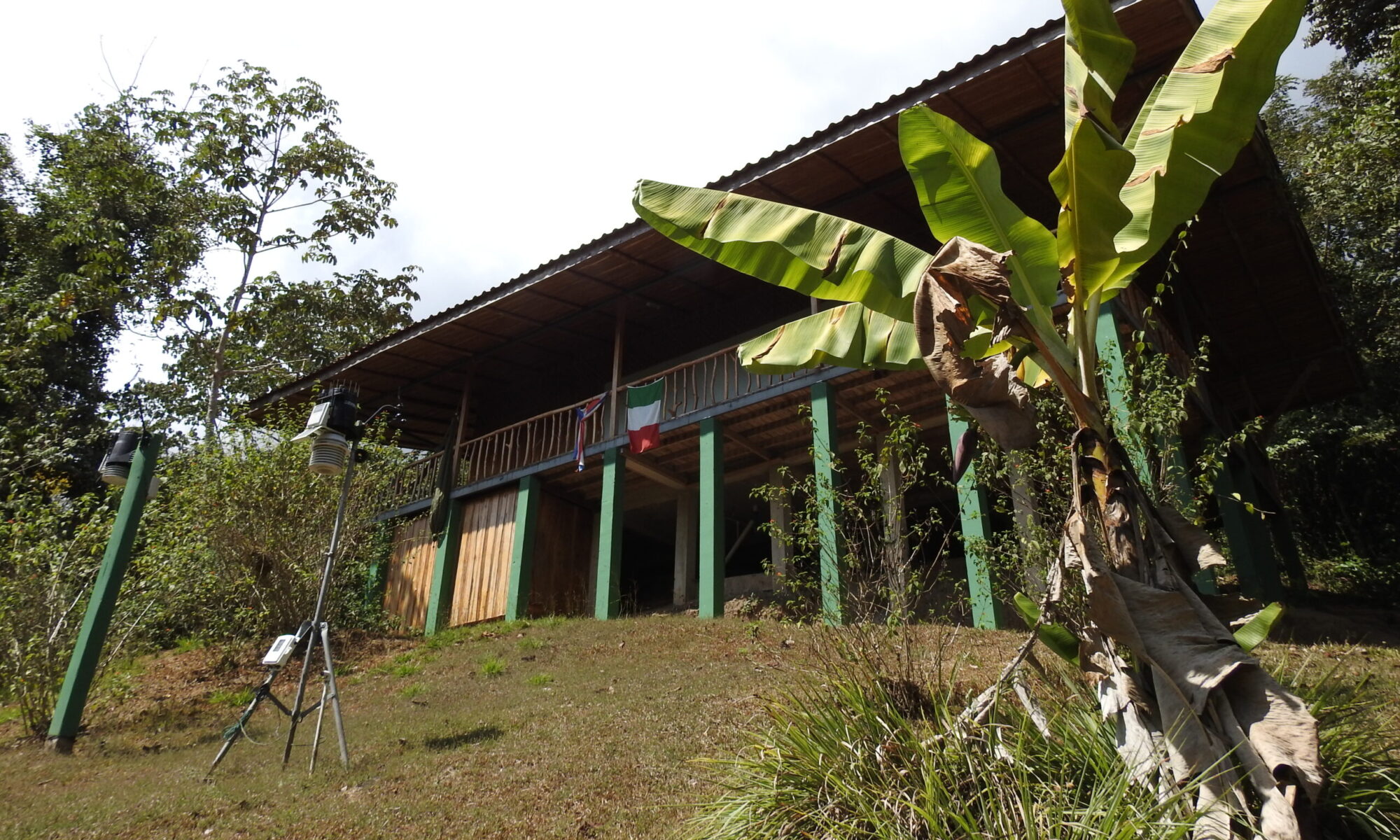What is a field school and what does Foreste per Semper ODV offer in collaboration with Asepaleco
A field school focused on biology, nature studies and climate change. This program offers a hands-on, immersive experience for students keen to deepen their understanding of ecosystems, biodiversity and the impacts of climate change. Here is a general description of how a Foreste per Sempre ODV field school is structured:
Duration: The program may vary in length, such as two weeks to one month, to provide a complete and in-depth experience.
Location: The field school will take place in a geographical area rich in biodiversity and susceptible to the effects of climate change, such as a rainforest, coastal area or mountainous area. Costa Rica is ideal for this type of activity and in particular the “Italia Costa Rica” Biological Meteo-Climatic Research Station at the Karen Mogensen Reserve
Activity:
- Nature Studies: Students will conduct nature studies to document local flora and fauna. They will use observation techniques, sample collection and species identification.
- Environmental Monitoring: Students will participate in environmental monitoring activities, recording data such as temperature, humidity, precipitation and air quality. This data will be used to evaluate seasonal variations and the impacts of climate change.
- Research on Climate Impacts: Students will conduct research projects focused on the specific impacts of climate change in the study area. This could include studying the effects on endemic species, life cycles of organisms or ecosystem dynamics.
- Practical Activities: Practical workshops will be included to understand how climate change affects biological processes, such as photosynthesis, bird migration or plant reproduction cycles.
- Workshops and Conferences: Experts in biology, ecology and climate change will lead workshops and conferences to deepen students’ theoretical understanding and discuss current challenges related to the environment and climate.
- Conservation Projects: Students will be involved in practical conservation projects, such as habitat restoration, tree planting or coastal clean-ups.
Goals:
- Provide a practical understanding of ecosystems and biodiversity.
- Analyze the local impacts of climate change through direct observation and research.
- Develop practical skills in environmental monitoring and data collection.
- Promote environmental awareness and commitment to conservation.
Benefits: Students will gain practical skills, field experience and an in-depth understanding of the impacts of climate change on biology and the environment, preparing them to face future environmental challenges.

